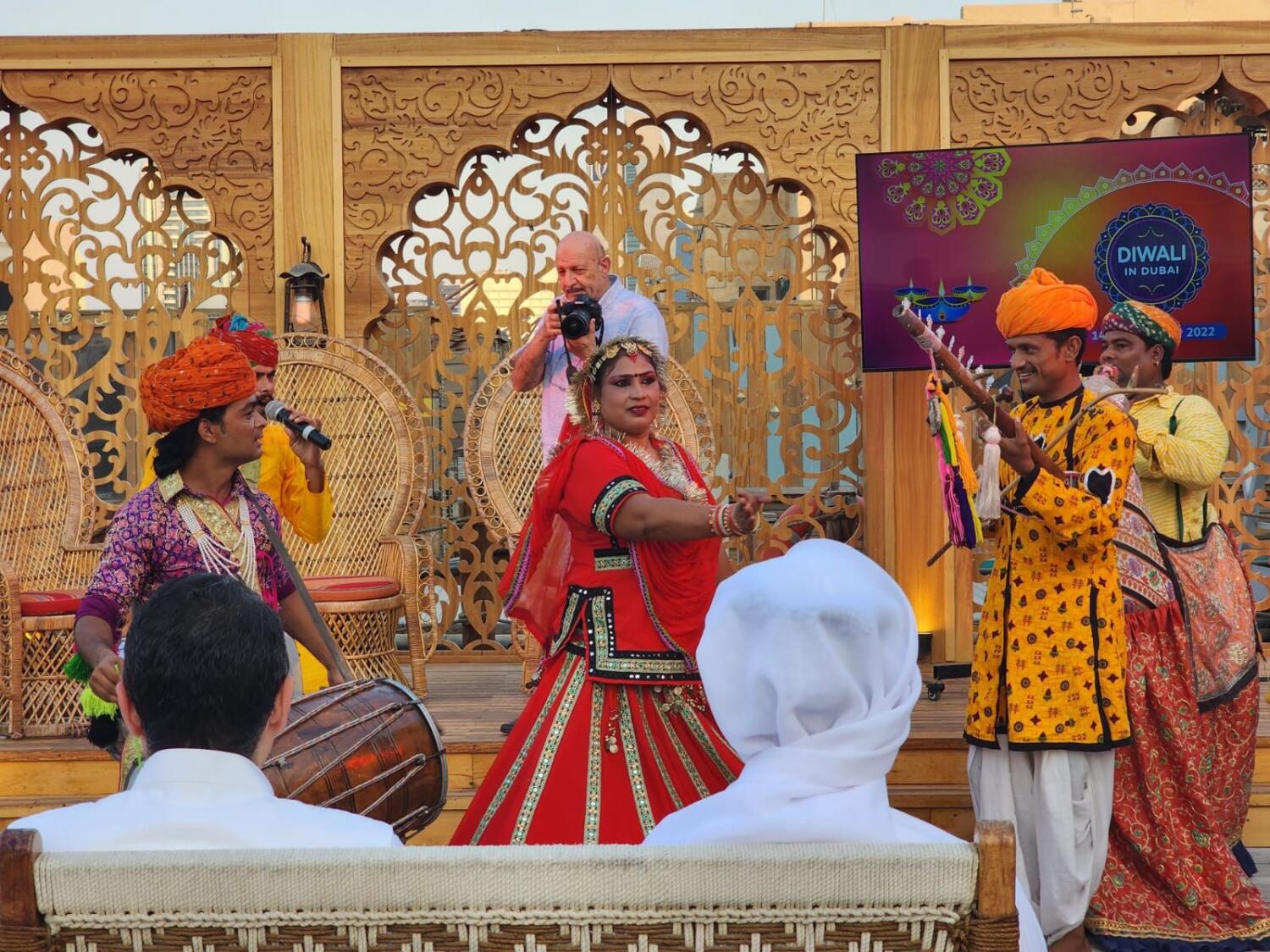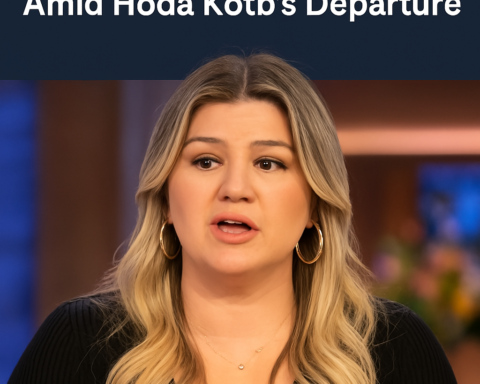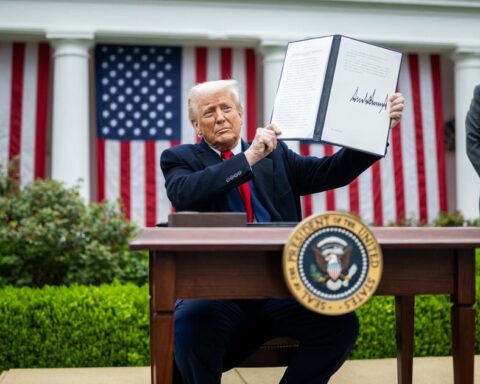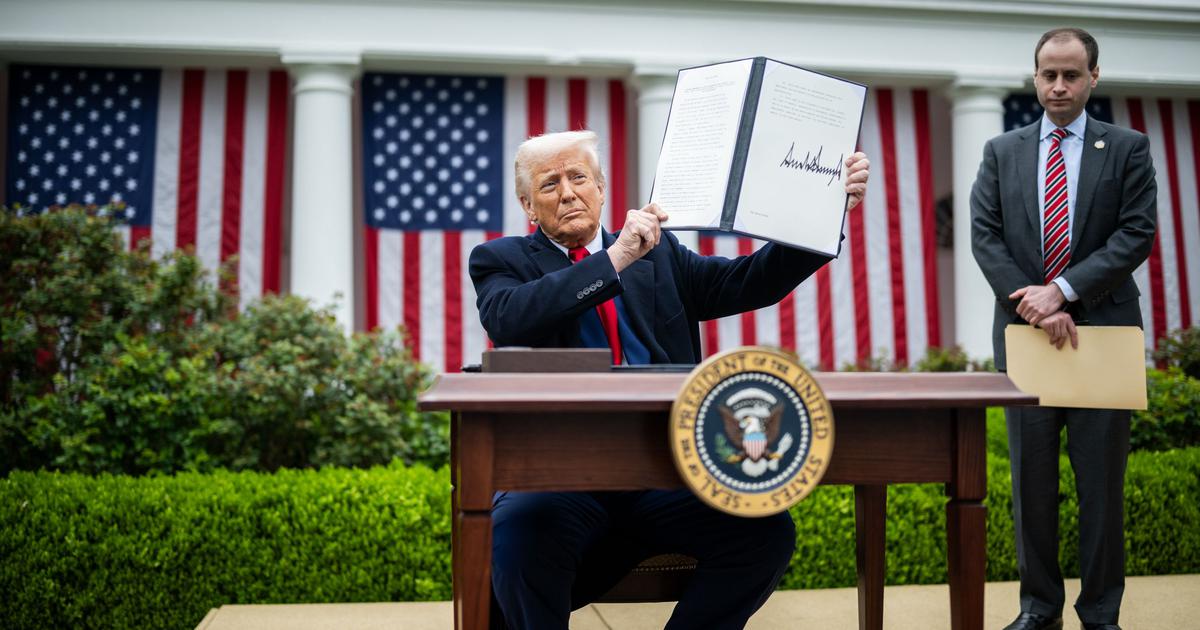How the Indian community in the GCC is powering economic ties, cultural exchange, and India’s rise as a global power.
India’s global diaspora has long been a cornerstone of its international influence, with over 18 million Indians living and working across the world. Among them, the Indian expatriates in the Gulf Cooperation Council (GCC) countries hold a unique position, forming one of the largest and most influential diaspora groups in the region. As India ascends to global prominence, the contributions of its diaspora in the Gulf are becoming increasingly vital to this rise, not just in economic terms, but in diplomacy, trade, and cultural influence.
With more than eight million Indians residing in countries like the UAE, Saudi Arabia, Oman, and Qatar, the Gulf region has become a crucial hub for India’s global diaspora. From blue-collar workers to top-tier professionals in industries such as construction, healthcare, finance, and technology, the Indian community is playing a pivotal role in shaping the economic landscape of the Gulf. Their involvement is particularly evident in the UAE, where Indians make up around 30% of the population, and in nations like Oman and Qatar, where they form a significant portion of the workforce.
Economic Contributions: Remittances and Investments
The financial impact of the Indian diaspora in the Gulf is profound. In 2022 alone, India received an estimated $100 billion in remittances, with a significant portion originating from Gulf-based expatriates. These remittances have been crucial for India’s economy, supporting foreign exchange reserves, stabilizing the currency, and providing sustenance for millions of families back home. This steady inflow of capital has also contributed to India’s broader economic growth, reinforcing the nation’s ambitions of becoming a manufacturing and innovation hub.
Beyond remittances, the Indian diaspora has facilitated stronger trade and investment ties between India and the Gulf. Indian entrepreneurs and business leaders based in the GCC have played a key role in channeling investments into India’s infrastructure, technology, and real estate sectors. Their efforts not only fuel India’s domestic growth but also deepen bilateral economic relationships between India and the Gulf states.
Cultural Influence and Soft Power
The influence of the Indian diaspora extends far beyond economic contributions. Through cultural organizations and events, the Indian community has been a torchbearer of India’s rich heritage in the Gulf. Bollywood cinema, classical arts, and traditional Indian festivals such as Diwali and Holi are celebrated with great enthusiasm in Gulf cities like Dubai and Muscat. These cultural expressions not only strengthen the bonds between India and the Gulf nations but also enhance India’s global image, projecting soft power in a region of immense geopolitical significance.
Indian leaders in the Gulf’s corporate and political spheres have also amplified India’s voice in international forums. Prime Minister Narendra Modi’s focus on strengthening ties with the Gulf has resulted in increased collaboration on key issues such as energy security, counter-terrorism, and technology. The Indian diaspora serves as informal ambassadors, fostering goodwill and enhancing diplomatic relations between India and the Gulf countries.
Strategic Importance: Energy and Geopolitics
India’s growing influence in the Gulf is not just about economic and cultural engagement—it has far-reaching strategic implications. The Gulf is one of the world’s most critical geopolitical regions, home to vast energy reserves and crucial maritime routes. With India’s energy needs rising as its economy expands, the Gulf remains an essential partner, providing a reliable source of oil and gas. India’s close ties with Gulf countries, fostered in part by its expatriate community, ensure access to these vital energy supplies.
Moreover, India’s strategic partnerships with Gulf nations have enhanced its standing in global platforms such as the G20 and the United Nations. During its recent G20 presidency, India’s leadership was bolstered by the strong relationships it maintains with Gulf states, showcasing how its diaspora helps amplify the nation’s influence on the global stage.
Conclusion: A Force for Global Ambitions
The Indian diaspora in the Gulf is more than just an extension of the country’s population—it is an active participant in shaping India’s global aspirations. Through their economic contributions, cultural influence, and strategic role in diplomacy, Gulf-based Indians are instrumental in India’s ascent as a global power. As India continues to assert its position on the world stage, the contributions of its diaspora in the Gulf will remain a critical force in shaping its future as a global superpower.
India’s journey toward becoming a global power is not one it travels alone; its diaspora plays a crucial role, reflecting and amplifying the country’s ambitions. In the Gulf, this influence is particularly pronounced, as Indian expatriates help cement the nation’s status as a key player in the region and beyond. Through the strength of its people, India is carving out its place in the world, with the Gulf serving as both a partner and platform for its growing global influence.















